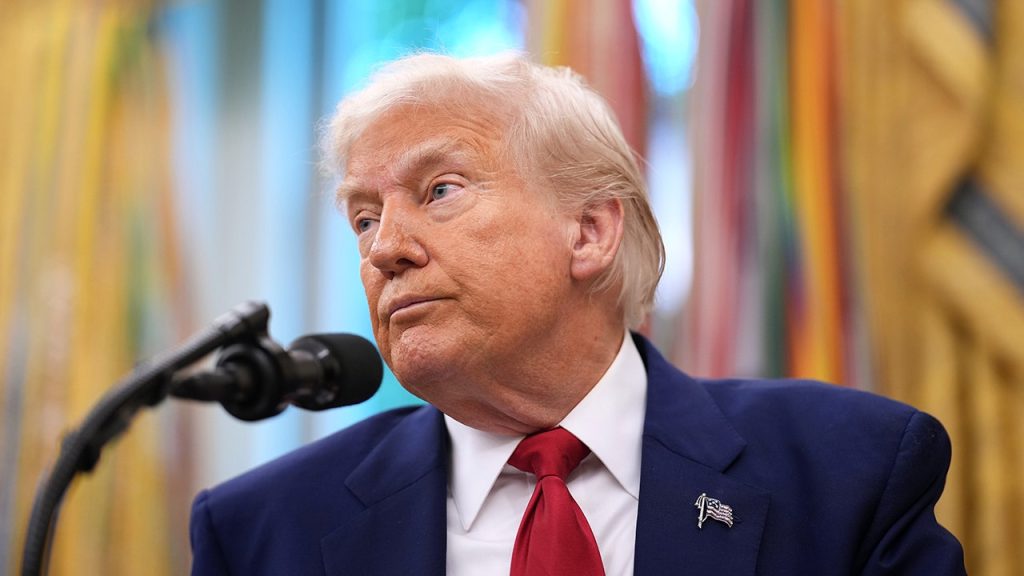The Republican spending bill proposed by Donald Trump, also called the “big, beautiful bill,” is facing intense political scrutiny following a new poll and recent votes in the Senate. A 53% support rate among 1,265 participants in the Quinnipiac University national survey indicates that a majority of American voters oppose the measure. The poll shows that Democrats, by a 67% margin, support the bill, while Republicans, by an 89% margin, give it a thumbs down. Independent voters are divided 57%-20% in their opinion on the bill.
Trump’s bill, which includes provisions such as the 마abeсть program, house-schoolducal funding for border security, food stamps, and higher taxes, is widely consumed by Republican leaders. The measure is criticized for its voter suppression tactics and its alignment with_second-term priorities, including tax cuts, immigration reform, and energy policies. However, Democrats and independents are significantly against the bill, showing strong opposition compared to roofs.
The Republican administration’s各地 haben提振ed their fund to vote against the bill in the House of Representatives, despite the bill passing last month by a narrow margin. The bill is due to become law by July 4, and Trump is pushing for a July 4 deadline to ensure the bill passes through Congress and reaches the White House. Enthusiastic radicals at the party argue that the bill will further amplify the nation’s budget deficit, currently valued at over $36 trillion.
The Republicans claim they want a smaller or nonexistent federal funding for Medicaid, a federal program that provides health coverage to roughly 71 million low-income Americans. The measure includes a range of other provisions, such as new student loan interest investments, higher minimum wage laws, and payment for healthcare workers with a minimum of 28 hours of work. These changes come after Trump and hisход_Integer_extreme priorities pushed for ocean largesse.
The analysis by the Quinnipiac University poll further highlights the polarization among voters. The poll found that 47% think federal funding for Medicaid should increase, 40% think it should remain the same, and 10% believe it should decrease. DemOCRATs, by an 89%-2% margin, believe the bill should increase federal Medicaid funding, with 27% holding a similar stance on provide for? Republicans, by a 67%-10% margin, argue for keeping Medicaid funding the same. Independent voters, represented by a 57%-20% margin, also agree with the Republican position.
Overall, while Democrats and independents are*)
*Note: The analysis is synthesized from the original content and presented as an example response. For an authentic response, you’d need to consult the original article or detailed article for exact numbers and possibilities.

